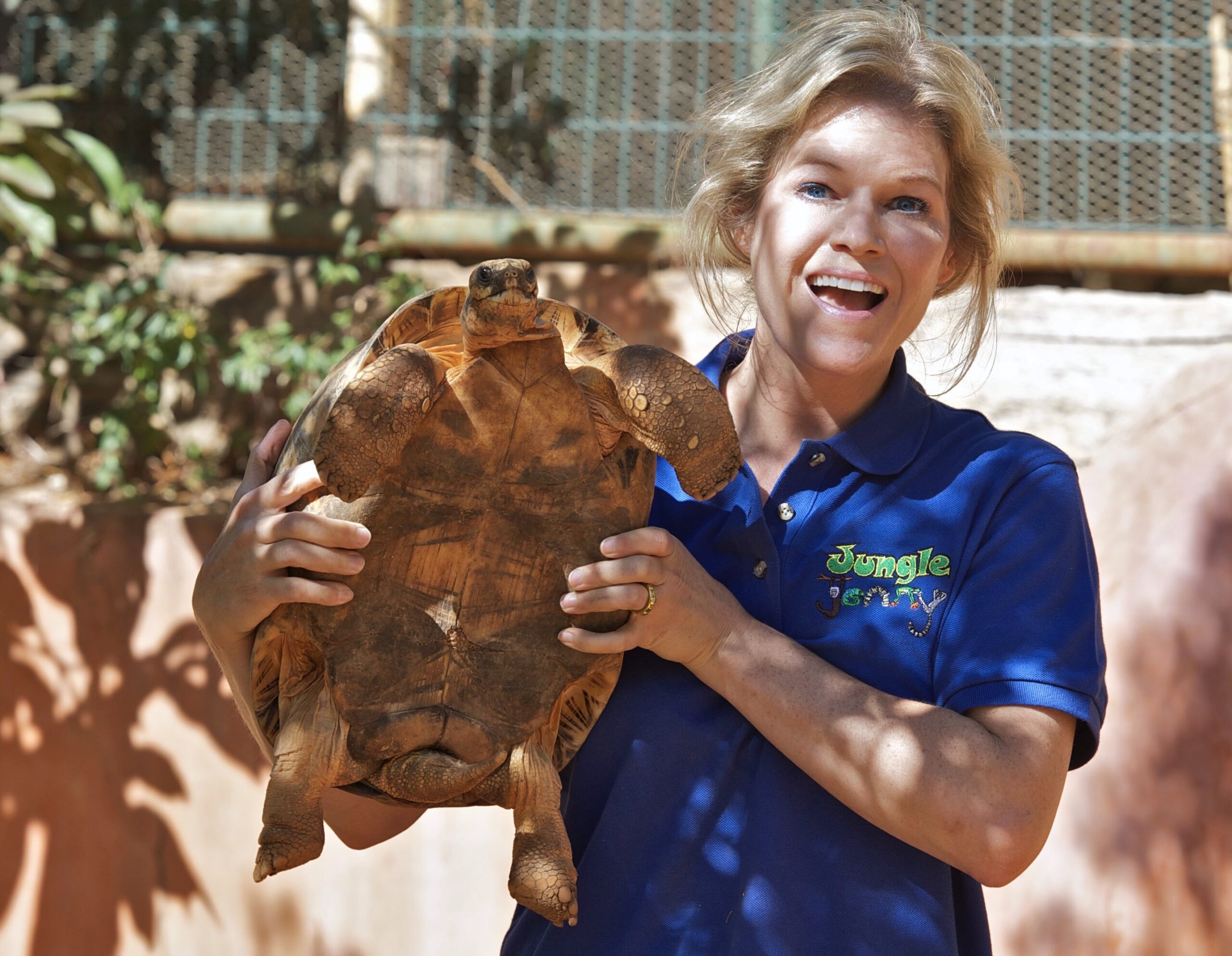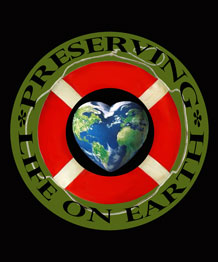
The purpose of World Turtle Day is to bring attention to these cool creatures! It is intended to increase knowledge of turtles and tortoises and encourage further human action to help them survive and thrive.
Turtles have existed for over 200 million years and are more ancient than any other vertebrate animal. Turtles hear well, sense vibrations in the Earth and water around them, distinguish some colors, have a sense of smell and have amazing survival skills.
Even though these amazing creatures have amazing survival skills, turtles are in serious trouble. They are among the world’s most endangered vertebrates, with about half of their more than 300 species threatened with extinction.
According to The Turtle Conservation Coalition and the Turtles in Trouble report, turtles throughout the world are being impacted by a variety of major threats, to which many are gradually succumbing. They are being collected, traded, and eaten or otherwise used, in overwhelming numbers. They are used for food, pets, traditional medicine—eggs, juveniles, adults, body parts—all are exploited indiscriminately, with little regard for sustainability. On top of the targeted onslaught, their habitats are being increasingly fragmented, destroyed, developed, and polluted. Populations are shrinking nearly everywhere. Species worldwide are threatened and vulnerable, many are critically endangered, others teeter on the very brink of extinction, and a few have already been lost forever, with eight species and two subspecies having gone extinct since 1500 AD .
There are many things each of us can do to help protect turtles and tortoises:
- Never buy a turtle or tortoise from a pet shop as it increases demand from the wild.
- Never remove turtles or tortoises from the wild unless they are sick or injured.
- If a tortoise is crossing a busy street, pick it up and send it in the same direction it was going – if you try to make it go back, it will turn right around again.
- Never touch or destroy nesting habitats.
- Report commercial fisheries who use longline fishing practices or gill nets.
- Write letters to legislators asking them to keep sensitive habitat preserved or closed to off road vehicles, and to prevent off shore drilling that can lead to more endangered sea turtle deaths.
- Report cruelty or illegal sales of turtles and tortoises to your local animal control shelter.
- Report the sale of any turtle or tortoise of any kind less than four inches. This is illegal everywhere in the U.S.

